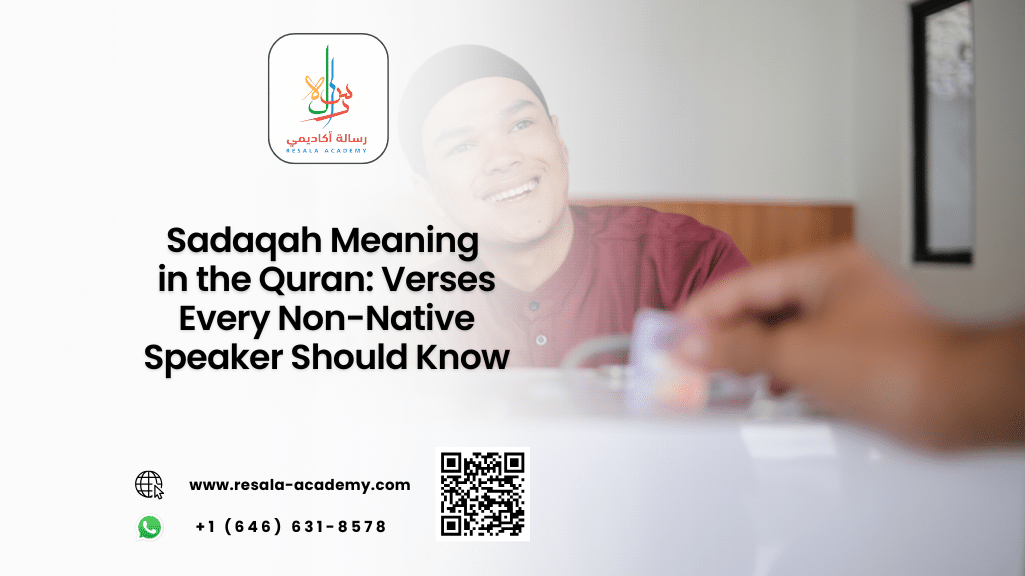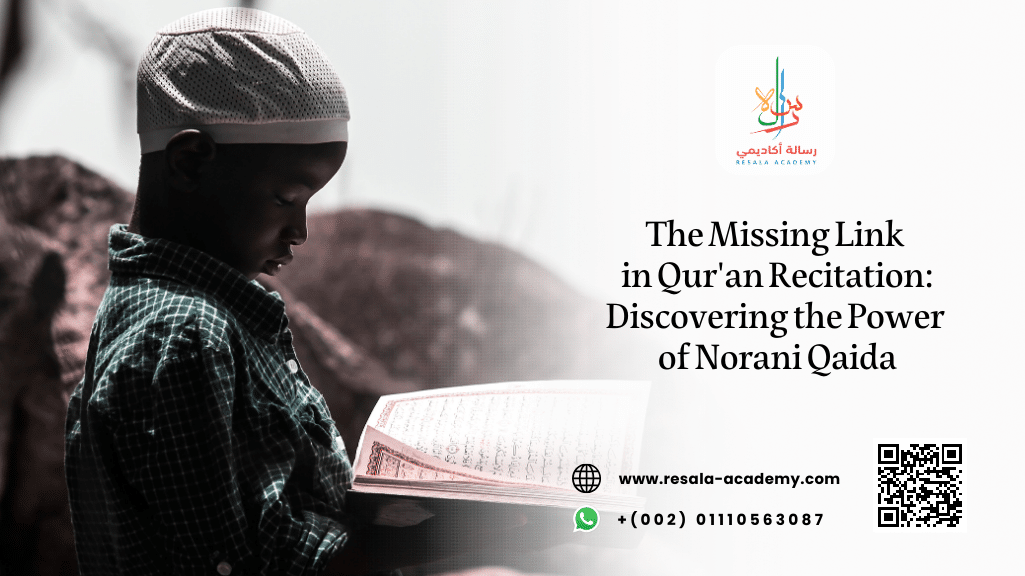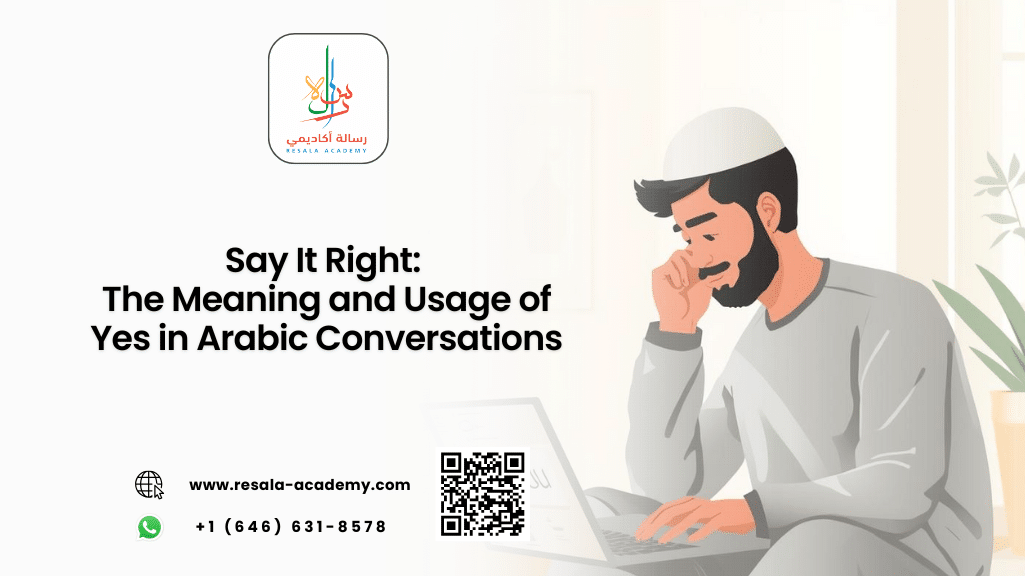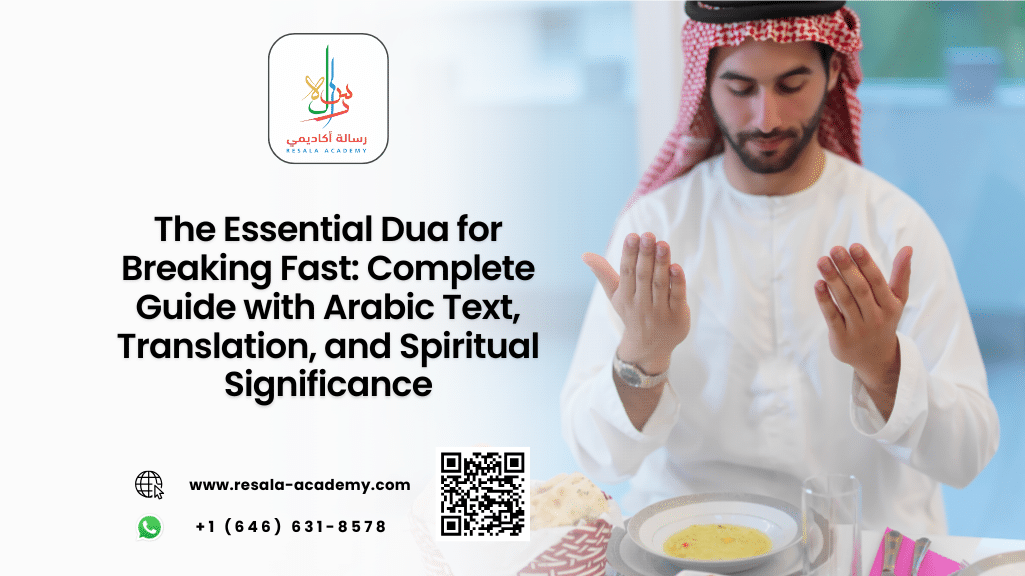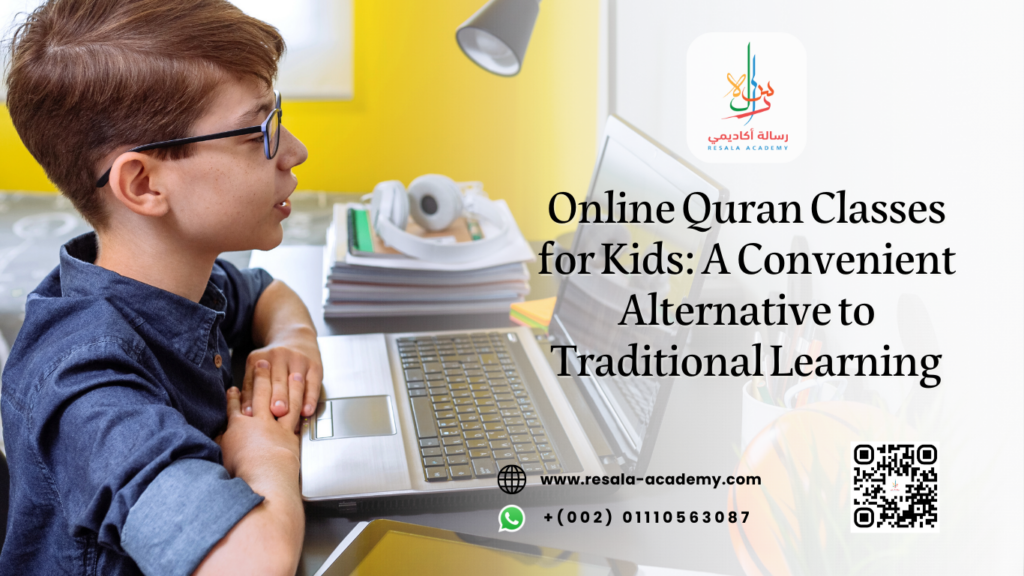Table of Contents
Sadaqah Meaning in the Quran: Verses Every Non-Native Speaker Should Know
Understanding the concept of Sadaqah is essential for anyone delving into the depths of the Quran and Islamic teachings. For non-native Arabic speakers, grasping the true essence of this term can be both enlightening and transformative.
This article explores the profound Sadaqah meaning in the Quran, enriched with authentic references, contextual explanations, and practical insights. Whether you’re a student of Islamic studies, a new Muslim, or simply curious about the spiritual and linguistic beauty of the Quran, this guide is tailored for you.
What Does Sadaqah Mean?
The word Sadaqah (صَدَقَة) originates from the Arabic root “ṣ-d-q” (ص د ق), which relates to truthfulness, sincerity, and righteousness. In Islamic terminology, Sadaqah refers to voluntary charity given out of compassion, love, friendship, or generosity.
Unlike Zakat, which is obligatory, Sadaqah is a voluntary act of giving that reflects the sincerity of one’s faith. The Prophet Muhammad ﷺ said:
وَالصَّدَقَةُ تُطْفِئُ الْخَطِيئَةَ كَمَا يُطْفِئُ الْمَاءُ النَّارَ
“Sadaqah (charity) extinguishes sins just as water extinguishes fire.”
— Jami` at-Tirmidhi 614
This hadith beautifully illustrates the spiritual power of giving charity with a pure heart.
Sadaqah Meaning in Islam: A Spiritual and Social Responsibility
In Islam, Sadaqah is not just about giving money. It encompasses any act of kindness or generosity done for the sake of Allah. This includes:
- Smiling at someone
- Helping a neighbor
- Teaching someone beneficial knowledge
- Removing harm from the road
The Prophet ﷺ said:
“ كُلُّ سُلاَمَى مِنَ النَّاسِ عَلَيْهِ صَدَقَةٌ كُلَّ يَوْمٍ تَطْلُعُ فِيهِ الشَّمْسُ – قَالَ – تَعْدِلُ بَيْنَ الاِثْنَيْنِ صَدَقَةٌ وَتُعِينُ الرَّجُلَ فِي دَابَّتِهِ فَتَحْمِلُهُ عَلَيْهَا أَوْ تَرْفَعُ لَهُ عَلَيْهَا مَتَاعَهُ صَدَقَةٌ – قَالَ – وَالْكَلِمَةُ الطَّيِّبَةُ صَدَقَةٌ وَكُلُّ خَطْوَةٍ تَمْشِيهَا إِلَى الصَّلاَةِ صَدَقَةٌ وَتُمِيطُ الأَذَى عَنِ الطَّرِيقِ صَدَقَةٌ ”
“Sadaqa is due on every joint of a person, every day the sun rises. Administering of justice between two men is also a Sadaqa. And assisting a man to ride upon his beast, or helping him load his luggage upon it, is a Sadaqa; and a good word is a Sadaqa; and every step that you take towards prayer is a Sadaqa, and removing of harmful things from the pathway is a Sadaqa.“
Thus, Sadaqah meaning in Islam goes beyond financial aid—it’s a holistic approach to living a life of compassion and service.
Sadaqah in the Quran: Key Verses Explained
The Quran emphasizes the importance of Sadaqah in numerous verses. Below are some of the most profound ones that every non-native speaker should know.
1. Surah Al-Baqarah (2:261)
Arabic:
مَثَلُ ٱلَّذِينَ يُنفِقُونَ أَمْوَٰلَهُمْ فِى سَبِيلِ ٱللَّهِ كَمَثَلِ حَبَّةٍ أَنبَتَتْ سَبْعَ سَنَابِلَ فِى كُلِّ سُنبُلَةٍۢ مِّا۟ئَةُ حَبَّةٍۢ ۗ وَٱللَّهُ يُضَـٰعِفُ لِمَن يَشَآءُ ۗ وَٱللَّهُ وَٰسِعٌ عَلِيمٌ
Translation:
The example of those who spend their wealth in the cause of Allah is that of a grain that sprouts into seven ears, each bearing one hundred grains. And Allah multiplies ˹the reward even more˺ to whoever He wills. For Allah is All-Bountiful, All-Knowing.
This verse highlights the exponential reward of giving Sadaqah sincerely for the sake of Allah.
2. Surah Al-Tawbah (9:60)
Arabic:
إِنَّمَا ٱلصَّدَقَـٰتُ لِلْفُقَرَآءِ وَٱلْمَسَـٰكِينِ وَٱلْعَـٰمِلِينَ عَلَيْهَا وَٱلْمُؤَلَّفَةِ قُلُوبُهُمْ وَفِى ٱلرِّقَابِ وَٱلْغَـٰرِمِينَ وَفِى سَبِيلِ ٱللَّهِ وَٱبْنِ ٱلسَّبِيلِ ۖ فَرِيضَةًۭ مِّنَ ٱللَّهِ ۗ وَٱللَّهُ عَلِيمٌ حَكِيمٌ
Translation:
Alms-tax is only for the poor and the needy, for those employed to administer it, for those whose hearts are attracted ˹to the faith˺, for ˹freeing˺ slaves, for those in debt, for Allah’s cause, and for ˹needy˺ travellers. ˹This is˺ an obligation from Allah. And Allah is All-Knowing, All-Wise.
Although this verse primarily refers to Zakat, it also reflects the broader sadaqah meaning in Islam, which includes social welfare and community support.
3. Surah Al-Baqarah (2:271)
Arabic:
إِن تُبْدُوا۟ ٱلصَّدَقَـٰتِ فَنِعِمَّا هِىَ ۖ وَإِن تُخْفُوهَا وَتُؤْتُوهَا ٱلْفُقَرَآءَ فَهُوَ خَيْرٌۭ لَّكُمْ ۚ وَيُكَفِّرُ عَنكُم مِّن سَيِّـَٔاتِكُمْ ۗ وَٱللَّهُ بِمَا تَعْمَلُونَ خَبِيرٌۭ
Translation:
To give charity publicly is good, but to give to the poor privately is better for you, and will absolve you of your sins. And Allah is All-Aware of what you do.
This verse emphasizes sincerity and humility in giving, a core aspect of what does sadaqah mean in the Quranic context.
Sadaqah Jariyah Meaning: A Charity That Never Ends
One of the most beautiful concepts in Islam is Sadaqah Jariyah—a form of charity that continues to benefit others even after the donor has passed away.
The Prophet ﷺ said:
إِذَا مَاتَ الإِنْسَانُ انْقَطَعَ عَنْهُ عَمَلُهُ إِلاَّ مِنْ ثَلاَثَةٍ إِلاَّ مِنْ صَدَقَةٍ جَارِيَةٍ أَوْ عِلْمٍ يُنْتَفَعُ بِهِ أَوْ وَلَدٍ صَالِحٍ يَدْعُو لَهُ
“When a man dies, his acts come to an end, but three, recurring charity, or knowledge (by which people) benefit, or a pious son, who prays for him (for the deceased)“
Examples of Sadaqah Jariyah:
- Building a mosque or school
- Donating Qurans
- Planting trees
- Funding education for others
This form of charity ensures that the rewards continue to accumulate, making it a powerful spiritual investment.
Read more about: How to Seek Barakah: Barakah Meaning, Duas, and Daily Habits for Non-Native Muslims
Why Understanding Sadaqah Is Crucial for Non-Native Speakers
For non-native Arabic speakers, understanding the sadaqah meaning in its original context can:
- Deepen your connection with the Quran
- Enhance your Arabic vocabulary
- Strengthen your spiritual practice
- Clarify misconceptions about Islamic charity
That’s why institutions like Resala Academy are vital. They offer structured, engaging, and effective Arabic and Complete Quran courses designed specifically for non-native speakers.
Exploring the Linguistic Depth of Sadaqah Meaning in Classical Arabic
Understanding the Sadaqah meaning from a linguistic perspective offers non-native speakers a deeper appreciation of its spiritual and grammatical roots. In classical Arabic, the triliteral root ص د ق (ṣ-d-q) forms the basis of several related terms that enrich the concept of sincerity and truthfulness in giving.
- Ṣidq (صِدق) – Translates to “truth” or “honesty,” indicating that true charity stems from a sincere heart.
- Ṣādiq (صادق) – Meaning “truthful person,” it reflects the character of someone who gives Sadaqah with genuine intentions.
- Tasdīq (تصديق) – Denotes affirmation or belief, suggesting that giving Sadaqah is a form of affirming one’s faith in Allah.
- For students of Arabic and Quranic studies, this linguistic connection between sincerity and charity reinforces the idea that sadaqah meaning in Islam is not just about material giving, but about embodying truthfulness in action.
By studying these linguistic nuances, learners can better internalize the Quranic message and apply it in their daily lives with greater spiritual awareness.
Practical Applications of Sadaqah Meaning in Daily Life for Non-Native Speakers
Beyond theological understanding, applying the sadaqah meaning islam in everyday life can transform one’s character and community involvement. Non-native speakers, especially those learning Arabic through institutions like Resala Academy, can integrate these teachings into practical habits.
- Language Practice Through Action – Use Arabic phrases like “هَذِهِ صَدَقَةٌ” (This is Sadaqah) when giving, to reinforce vocabulary retention.
- Cultural Immersion – Participate in local or online Islamic charity events to experience how sadaqah meaning in Islam is practiced across cultures.
- Quran Journaling – Reflect on verses related to what does sadaqah mean, writing both the Arabic and translation to deepen comprehension.
- Character Building – Adopt small daily acts of kindness as a form of Sadaqah, such as offering help to classmates or sharing Islamic knowledge.
- Global Impact – Support international relief efforts or sponsor Quran education for others, aligning with the broader mission of Sadaqah Jariyah.
These practices not only enhance language skills but also allow learners to live the values embedded in the Quran, making their study of Sadaqah meaning both intellectually enriching and spiritually rewarding.
Resala Academy: Your Gateway to Quranic Mastery
If you’re inspired to understand the Quran in its original language and explore the true sadaqah meaning, Resala Academy is your ideal partner.
Here’s why thousands of students trust Resala Academy:
✅ Native Arab teachers with Ijazah certification
✅ Tailored courses for all levels
✅ Interactive online classes
✅ Focus on Quranic vocabulary and Tajweed
✅ Flexible schedules for global learners
Whether you’re a beginner or an advanced learner, Resala Academy helps you unlock the linguistic and spiritual treasures of the Quran.
👉 Join Resala Academy today and start your journey to mastering Arabic and understanding the Quran like never before.
Frequently Asked Questions (FAQs)
1. What does Sadaqah mean in Islam?
Sadaqah in Islam refers to voluntary charity given out of goodwill, compassion, or religious duty. It is not limited to money—it includes any act of kindness, such as a smile, helping others, or sharing knowledge. It reflects sincerity and faith in Allah.
2. What is the difference between Zakat and Sadaqah?
- Zakat is obligatory and has specific rules and recipients.
- Sadaqah is voluntary and more flexible.
- Zakat is one of the Five Pillars of Islam, while Sadaqah is an encouraged act of worship.
3. What is Sadaqah Jariyah?
Sadaqah Jariyah is a continuous charity that benefits others long-term. Examples include building a well, funding education, or planting trees. The donor continues to earn rewards even after death.
4. How can I teach my children about Sadaqah?
- Lead by example
- Share stories from the Quran and Hadith
- Encourage small acts of kindness
- Enroll them in Islamic learning programs like Resala Academy
Conclusion
Understanding the Sadaqah meaning in the Quran opens the door to a deeper, more compassionate way of life. It’s not just about giving—it’s about living with sincerity, empathy, and purpose. For non-native speakers, learning Arabic and exploring Quranic vocabulary is the key to unlocking these spiritual treasures.
With expert guidance from Resala Academy, you can immerse yourself in the beauty of the Quran, understand its divine message, and embody the values it teaches.
Start your journey today. Learn Arabic. Understand the Quran. Live the message.
